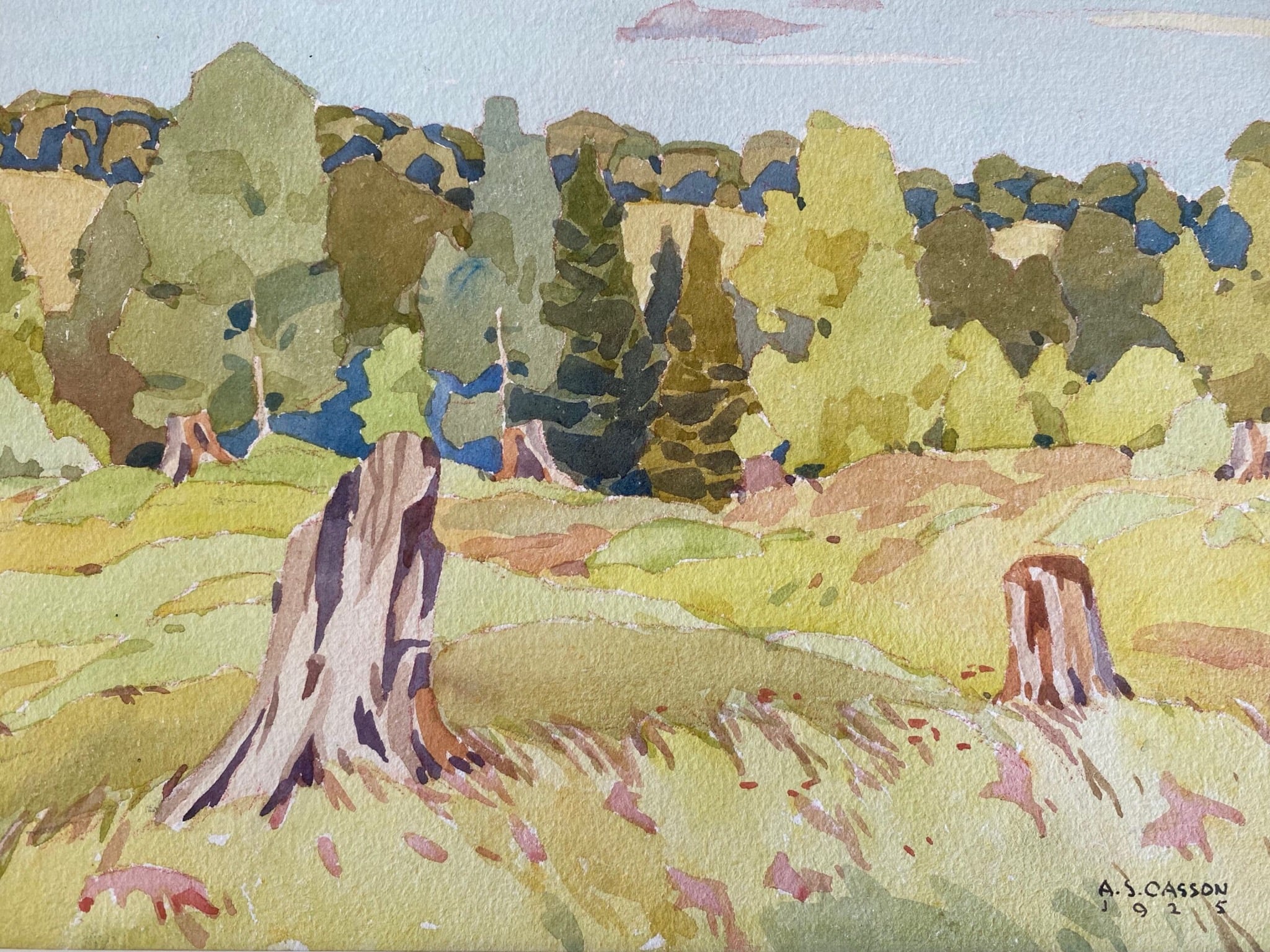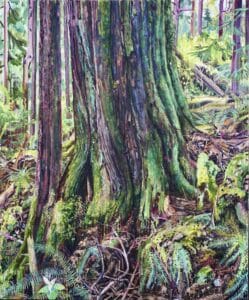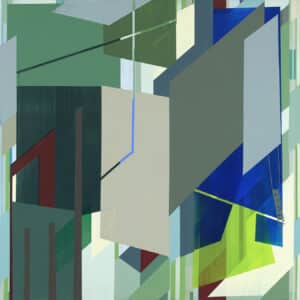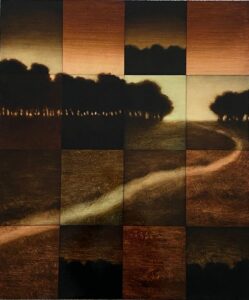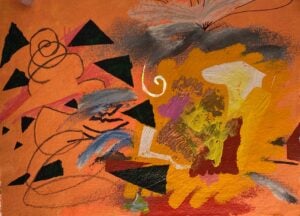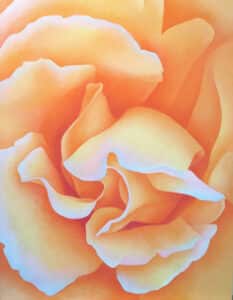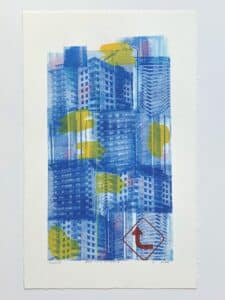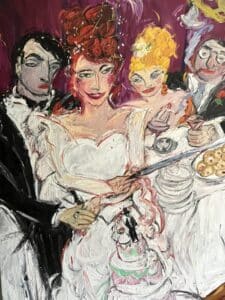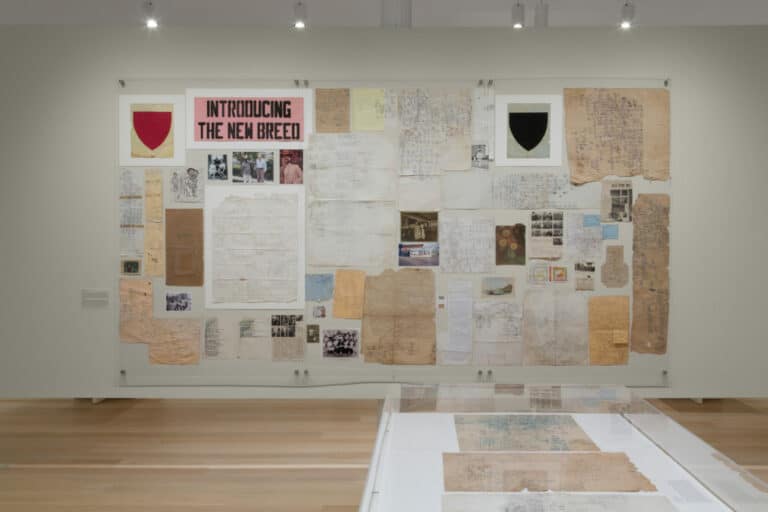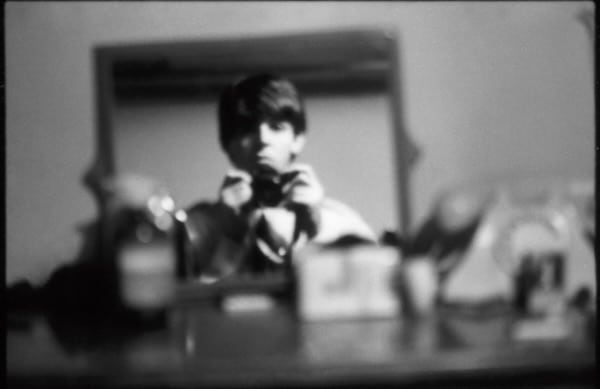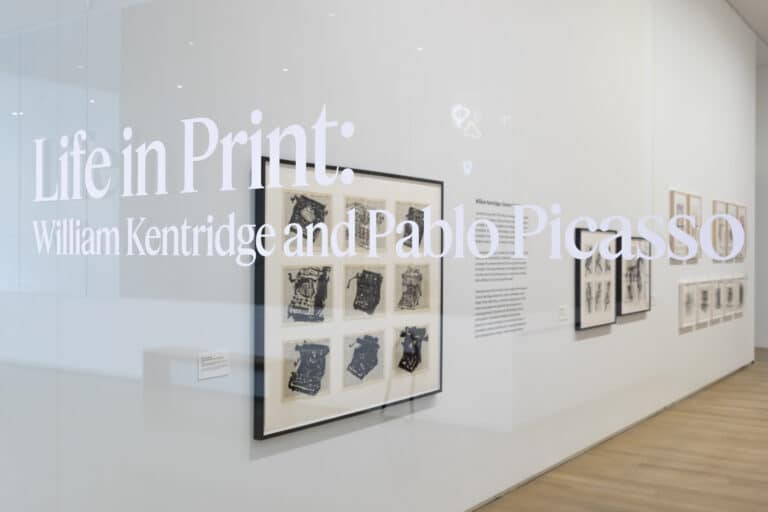“It would seem to be a fact that in a new country like ours, courageous experimentation is not only legitimate but vital to the development of a living Canadian art.” – J.E.H. MacDonald (1873 – 1932)
This sentiment, expressed by Group of Seven member J.E.H. MacDonald, rings true with the art and artists featured in this exhibition. The Group’s stylistic innovation of modernist brushstrokes and vivid colours emphasized the indispensable nature of experimentation in the cultivation of a vibrant diversity in Canadian art.
One hundred years on, their influence endures, as the Group of Seven continues to be heralded as representing the first school of “Canadian art.” The Group’s legacy resulted in Canadian art being broadly preoccupied with landscape—physical, social, and psychic. Indeed, many artists working in Canada today grapple with various forms of landscape to address issues of individual and collective identity. The abundance of artistic expressions in this exhibition exemplifies the diverse and ever-evolving nature of art in Canada.
Diversity Grounded in a Shared Home
From the evocative brushstrokes and vibrant hues adorning the creations of A.J. Casson to the abstract colour field paintings of William Perehudoff and the 1960s geometric abstraction of Michael Morris, this exhibition offers a glimpse into the exceptional diversity of Canadian visual art.
Throughout the past century, a central theme for much of modern Canadian art is its unwavering focus on environmentalism and sustainability. Artists such as Douglas Lawley, Kim Dorland, and Jeremy Herndl undertake the crucial task of addressing pressing concerns surrounding climate change and humanity’s complex relationship with the natural world.
Canadianizing Classic Art Styles
Recent contemporary Canadian art continues to push experimentation, risk-taking, and challenging the status quo. The prairie-inspired flattened pop art of David Thauberger explores regional history and realism, and artists like Tracy McMenemy and Stefany Hemming push the boundaries of artistic expression, opening new vistas for perceiving and comprehending the world. Their stylistic explorations enable a deeper understanding of the intricate complexities between human experience and nature.
An Indigenous and Environmental Legacy
Each artist featured in this exhibition draws inspiration from Canada’s multifaceted cultural heritage, which encompasses Indigenous peoples who have inhabited this land for millennia, as well as the waves of immigration that have shaped its cities and towns. In a previous exhibition, we showcased the works of contemporary Indigenous artists from the Pacific Northwest Coast, where the distinctive iconography and styles of Indigenous art have served as a wellspring of inspiration for non-Indigenous artists working across Canada.
By grappling with these themes, Canadian artists shed light on humanity’s relationship with the environment, encouraging reflection and prompting action. These works inspire us to reevaluate our own perceptions and cultivate new ways of critical thinking.
Canadian art serves as a reflection of the values integral to Canada’s identity: creativity, diversity, inclusivity, and acceptance. It provides a platform for advancing conversations about significant issues while celebrating the multitude of voices and artistic expressions found within the country.
ArtRow was born in Canada, and with this exhibition, we illuminate and appreciate the diverse narratives and artistic practices that make Canadian art so vibrant and distinctive.
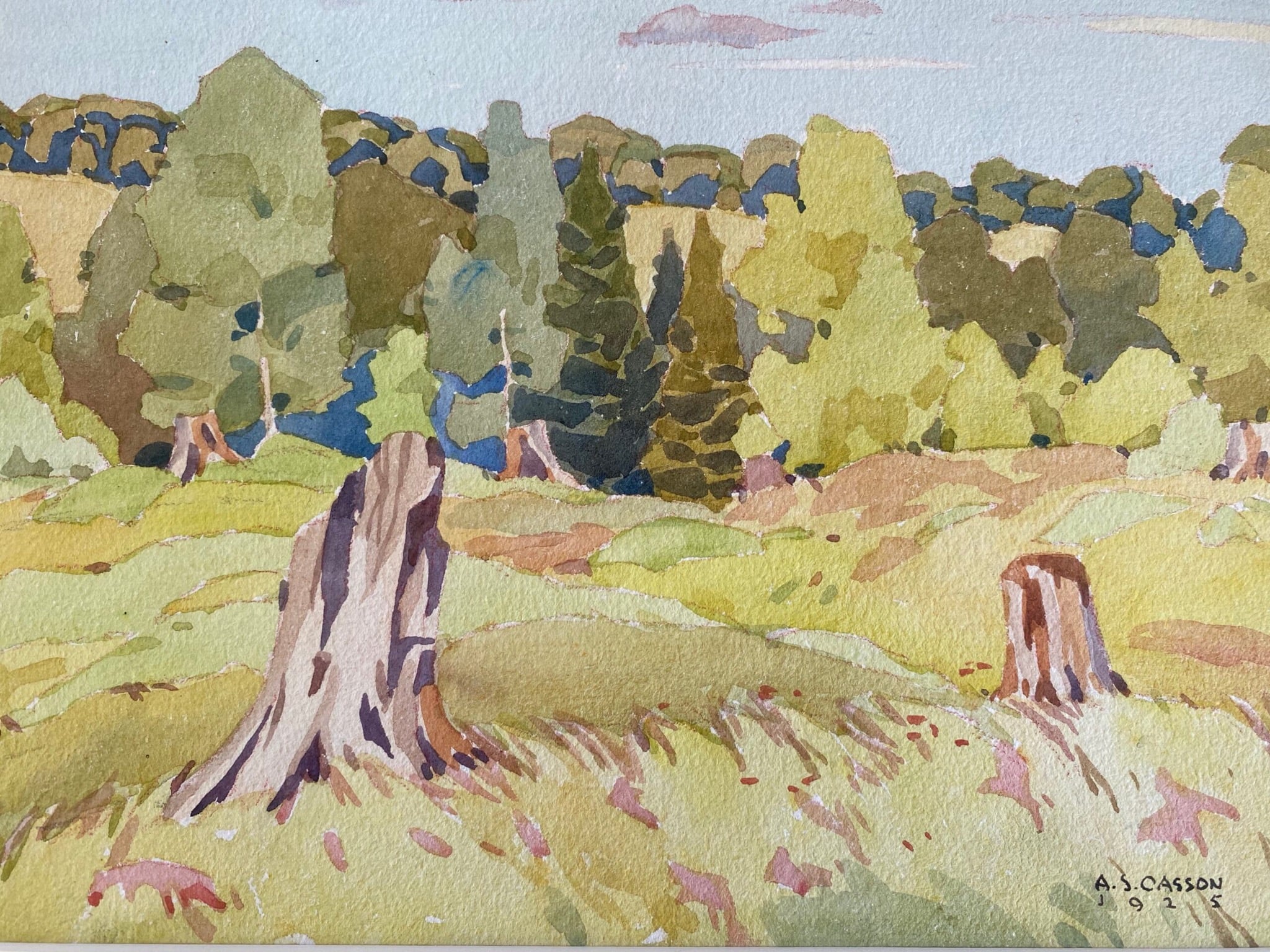
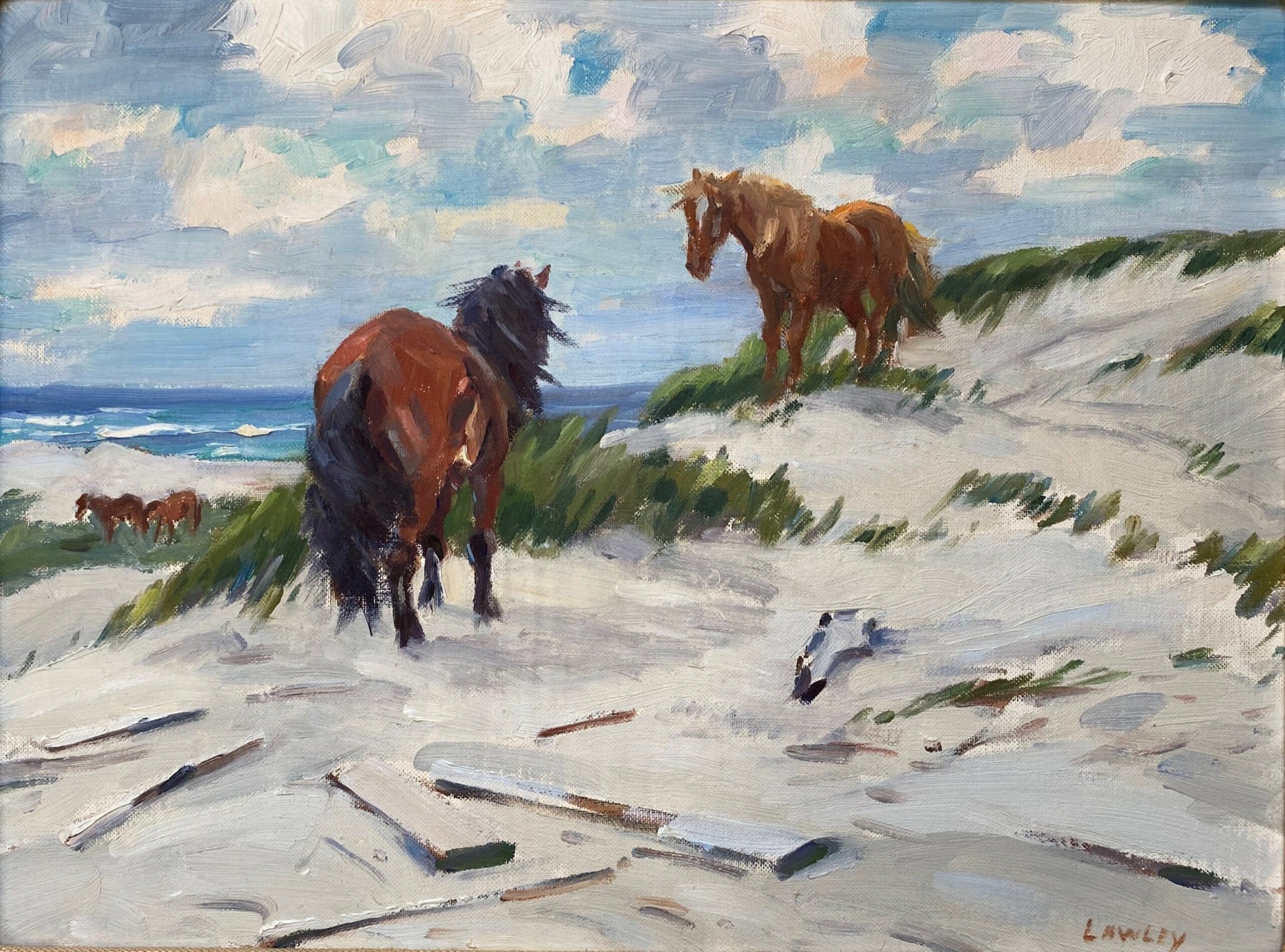
Audio Description:
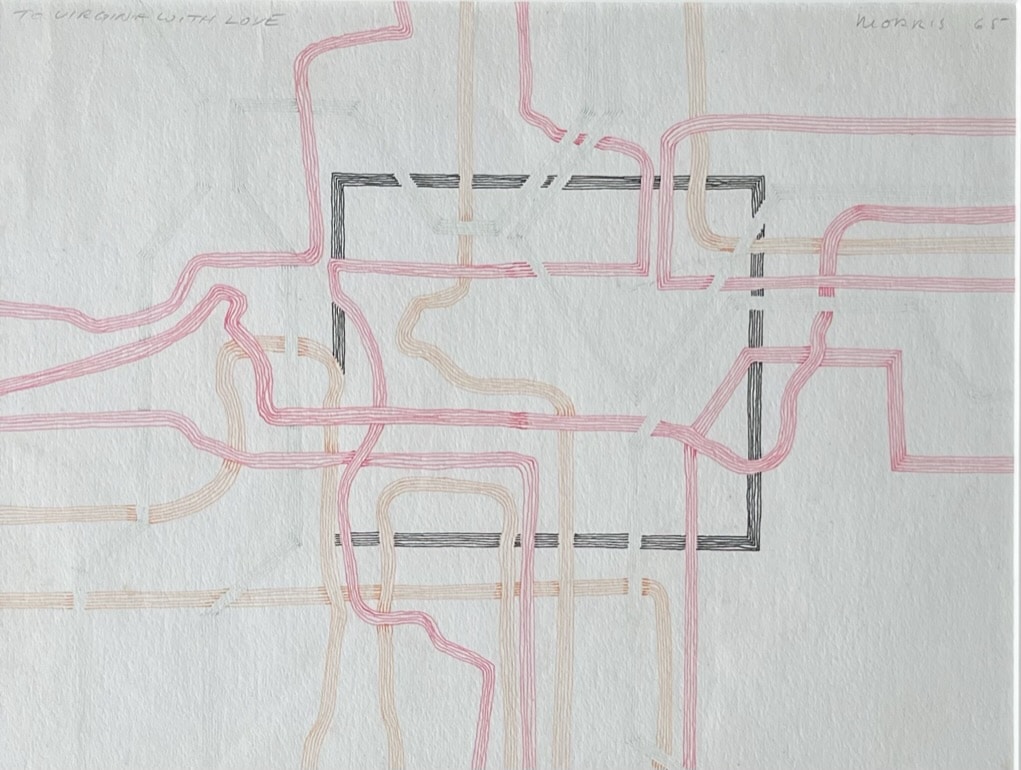
Audio Description:
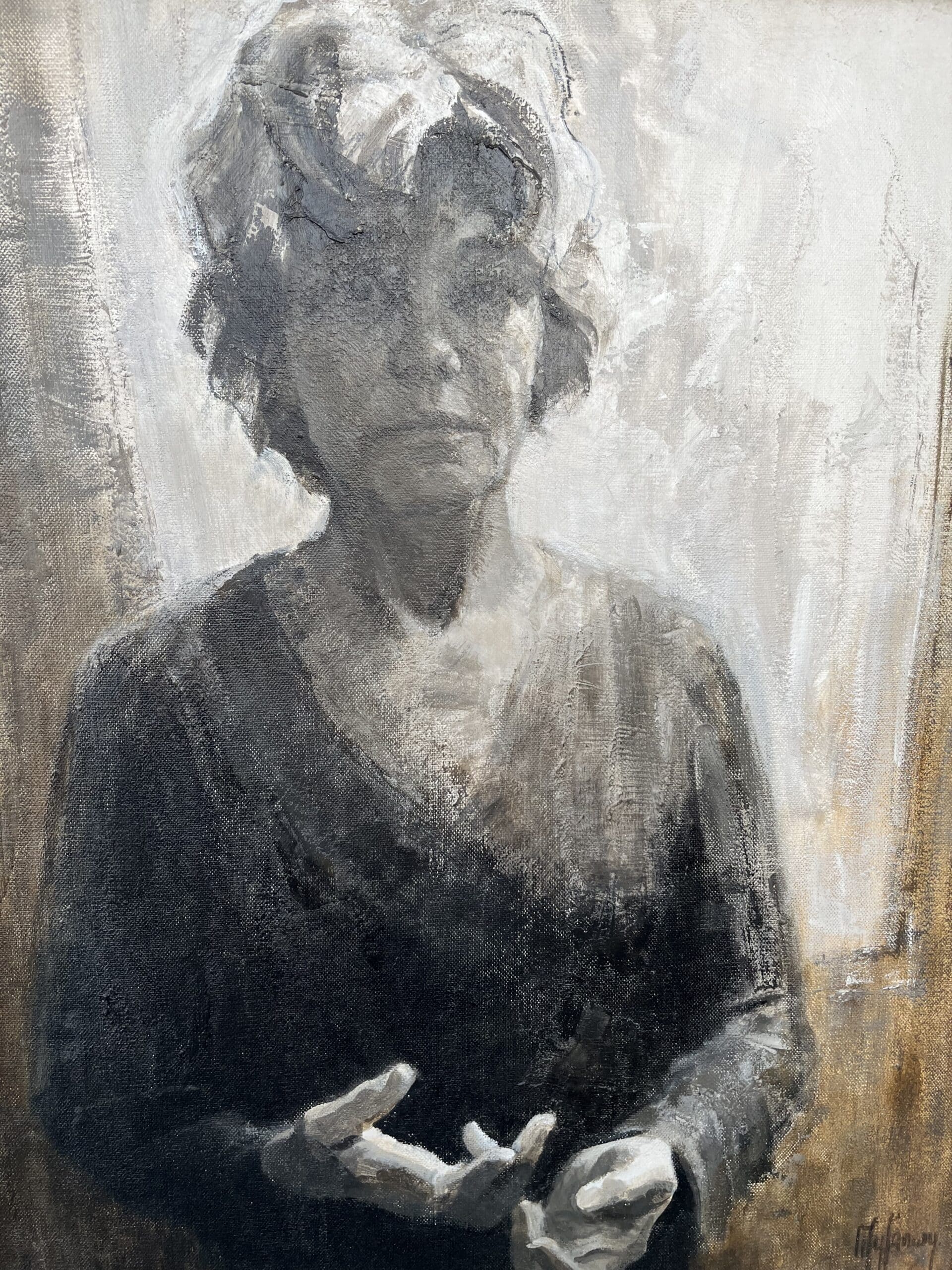
Audio Description:
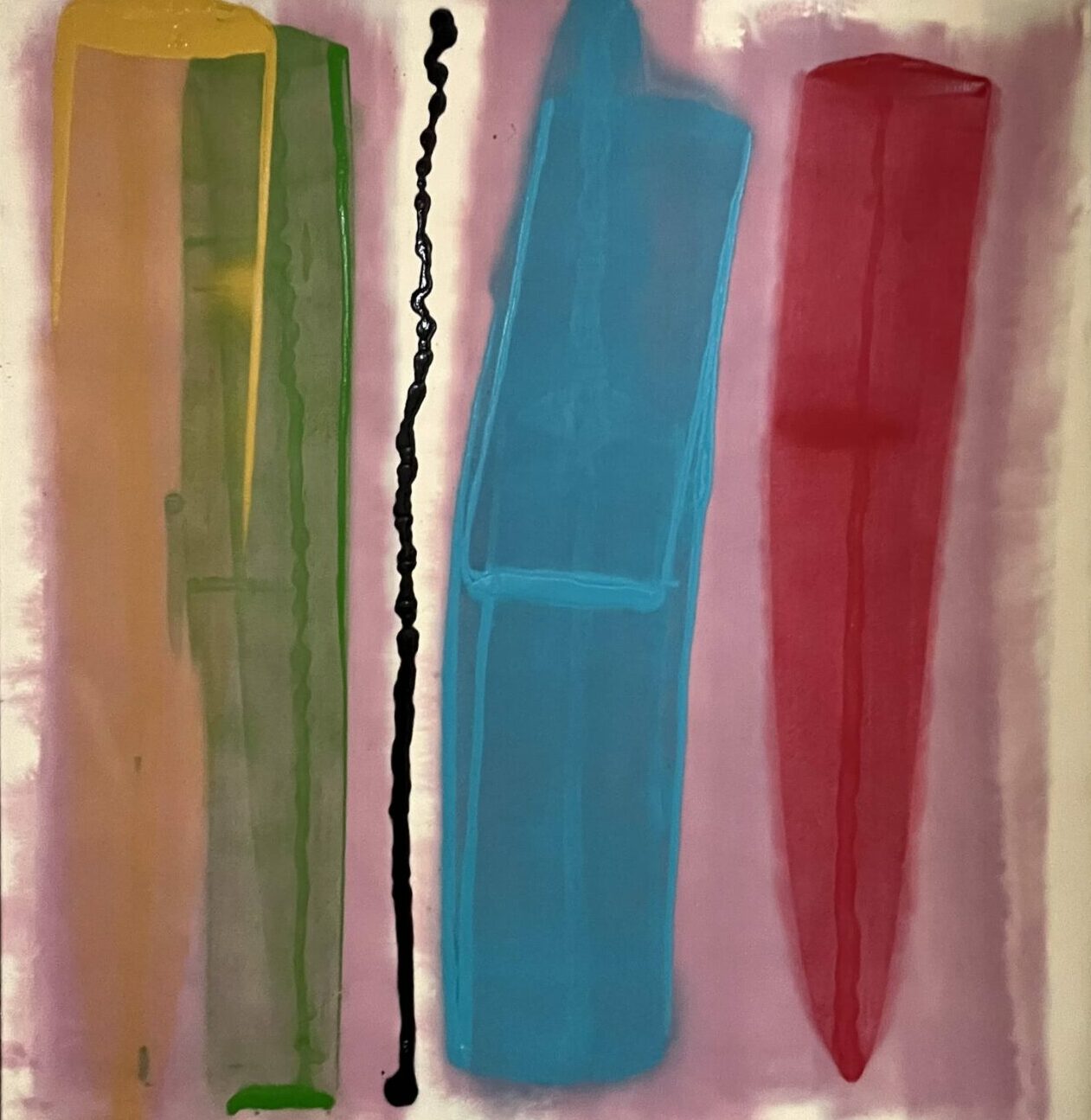
Audio Description:
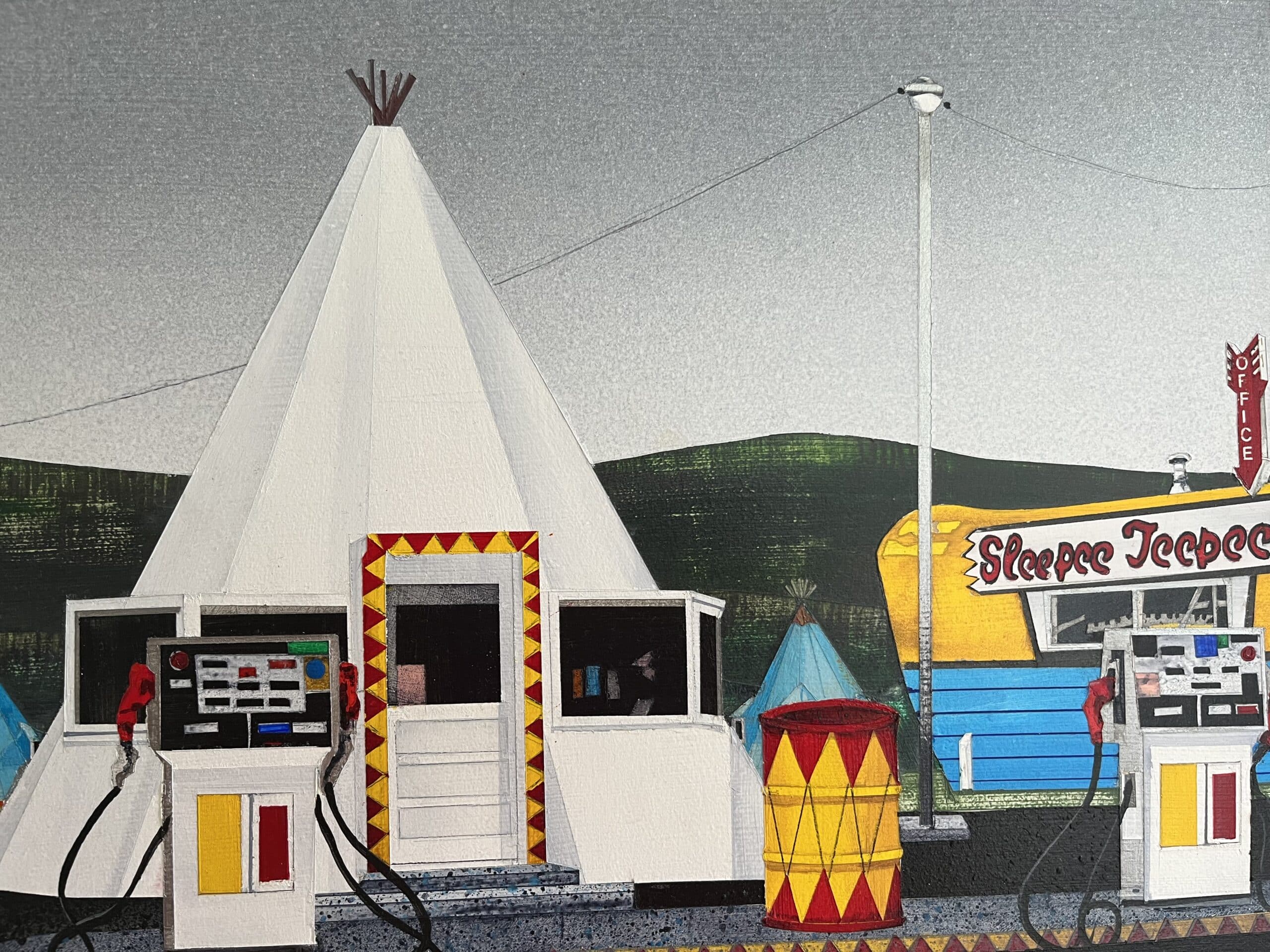
Audio Description:
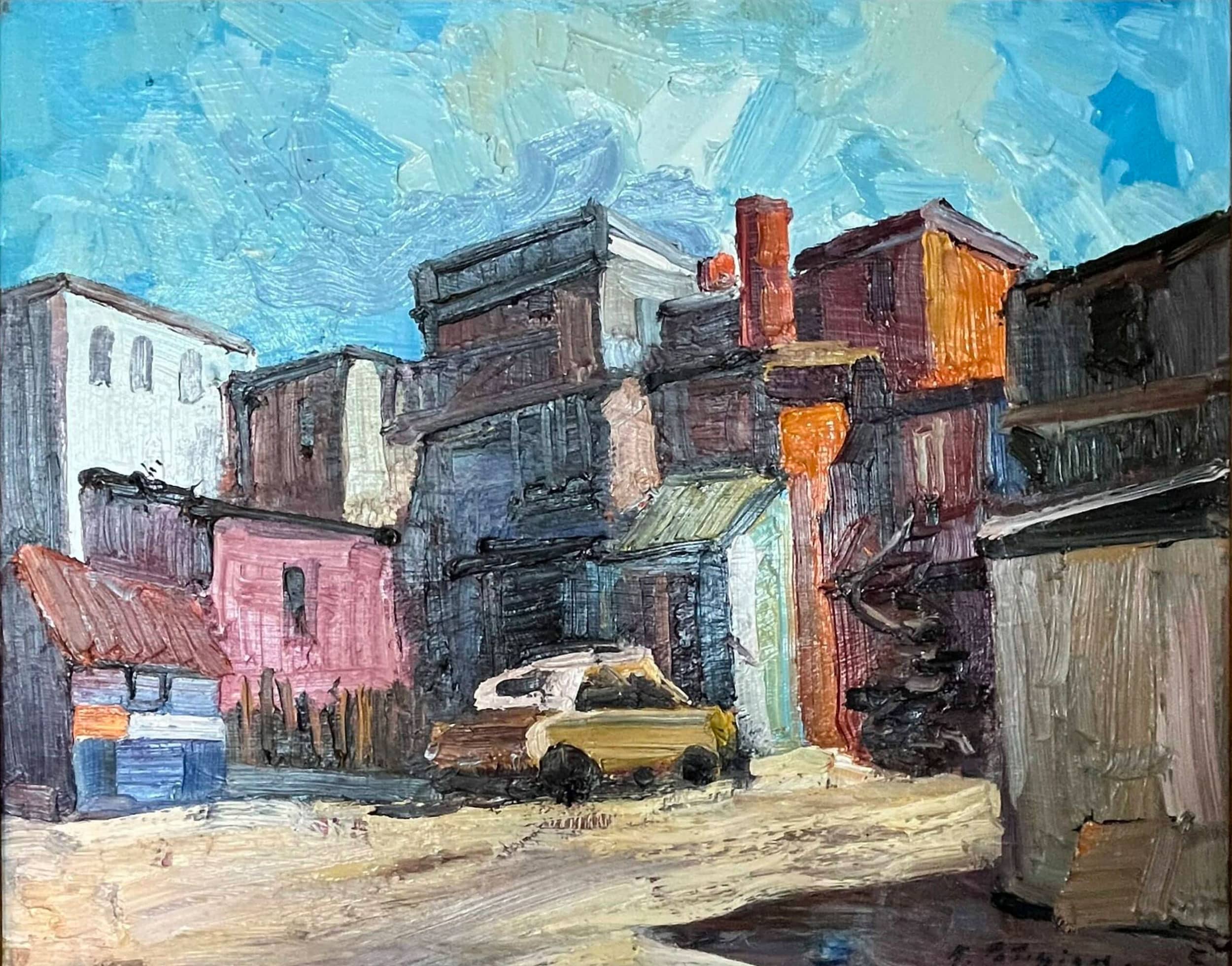
Audio Description:
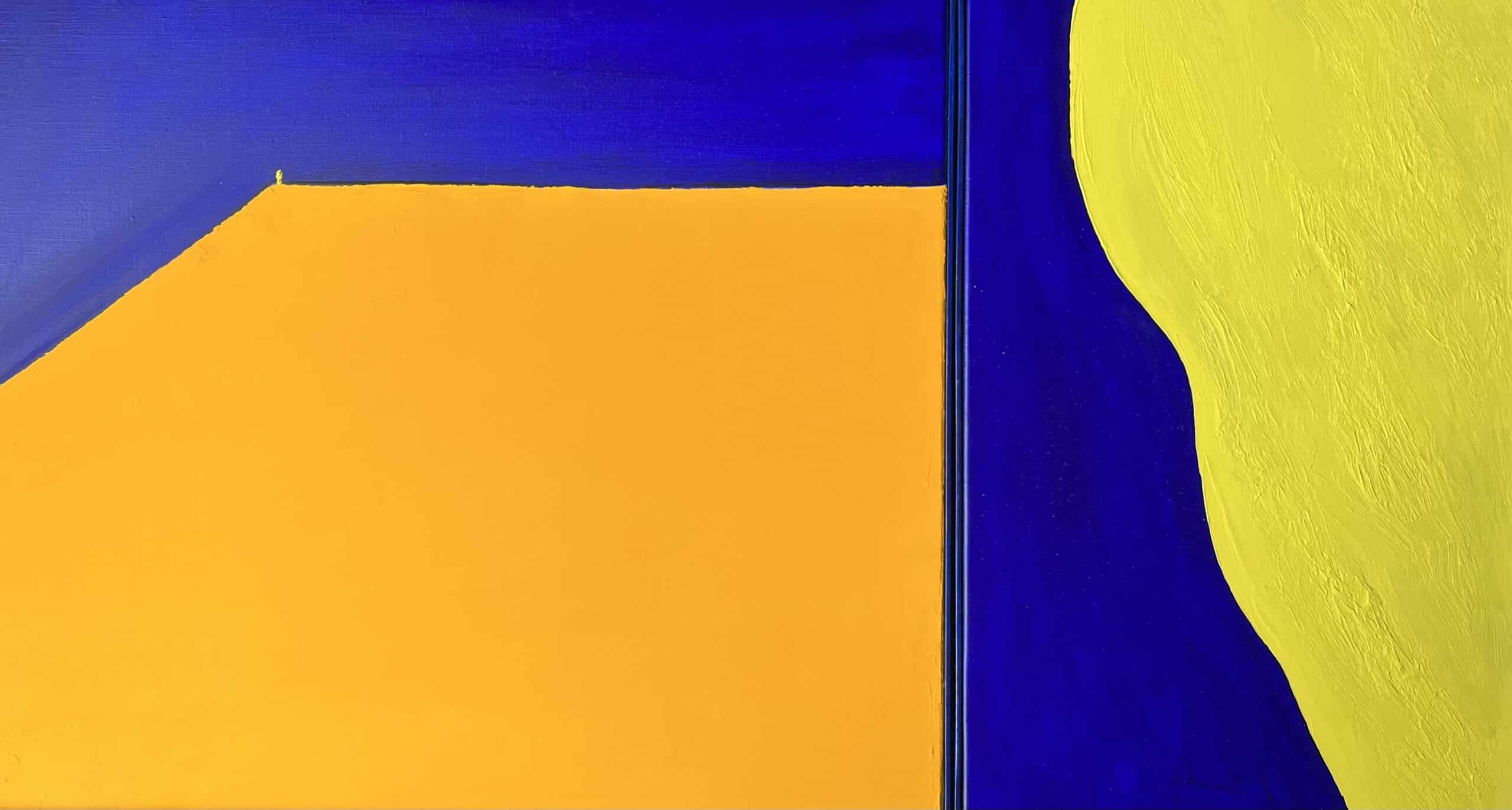
Audio Description:
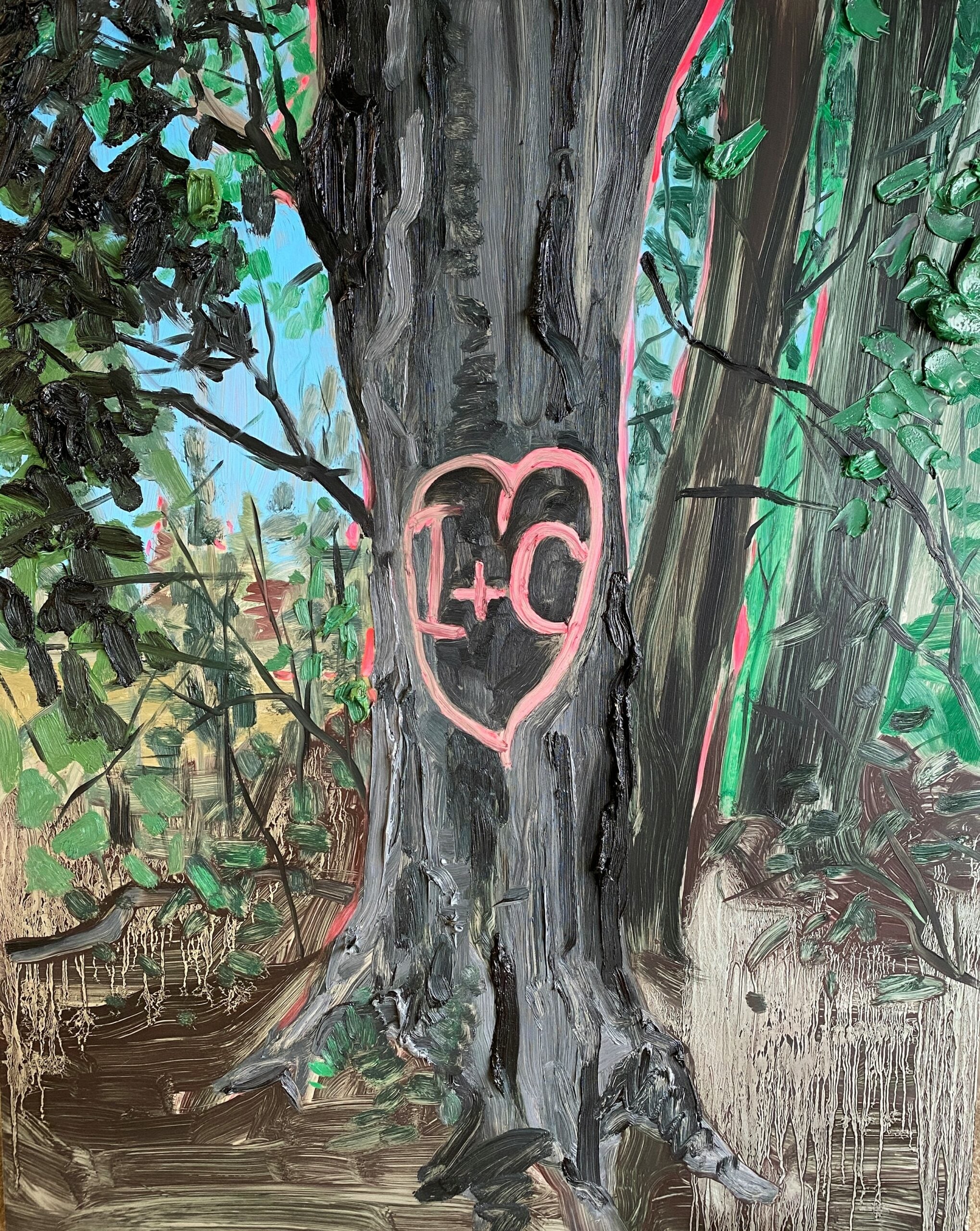
Audio Description:
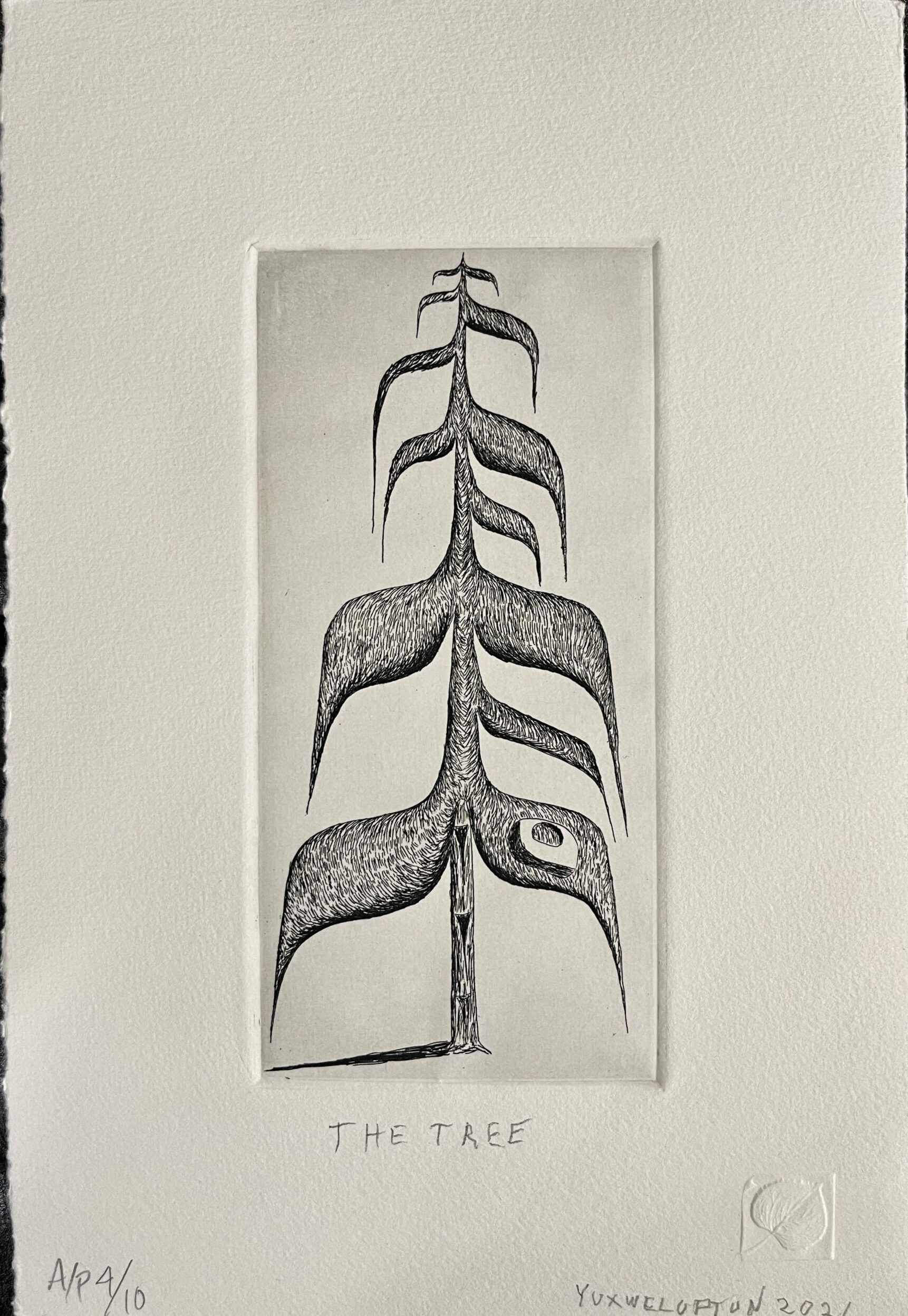
Audio Description:
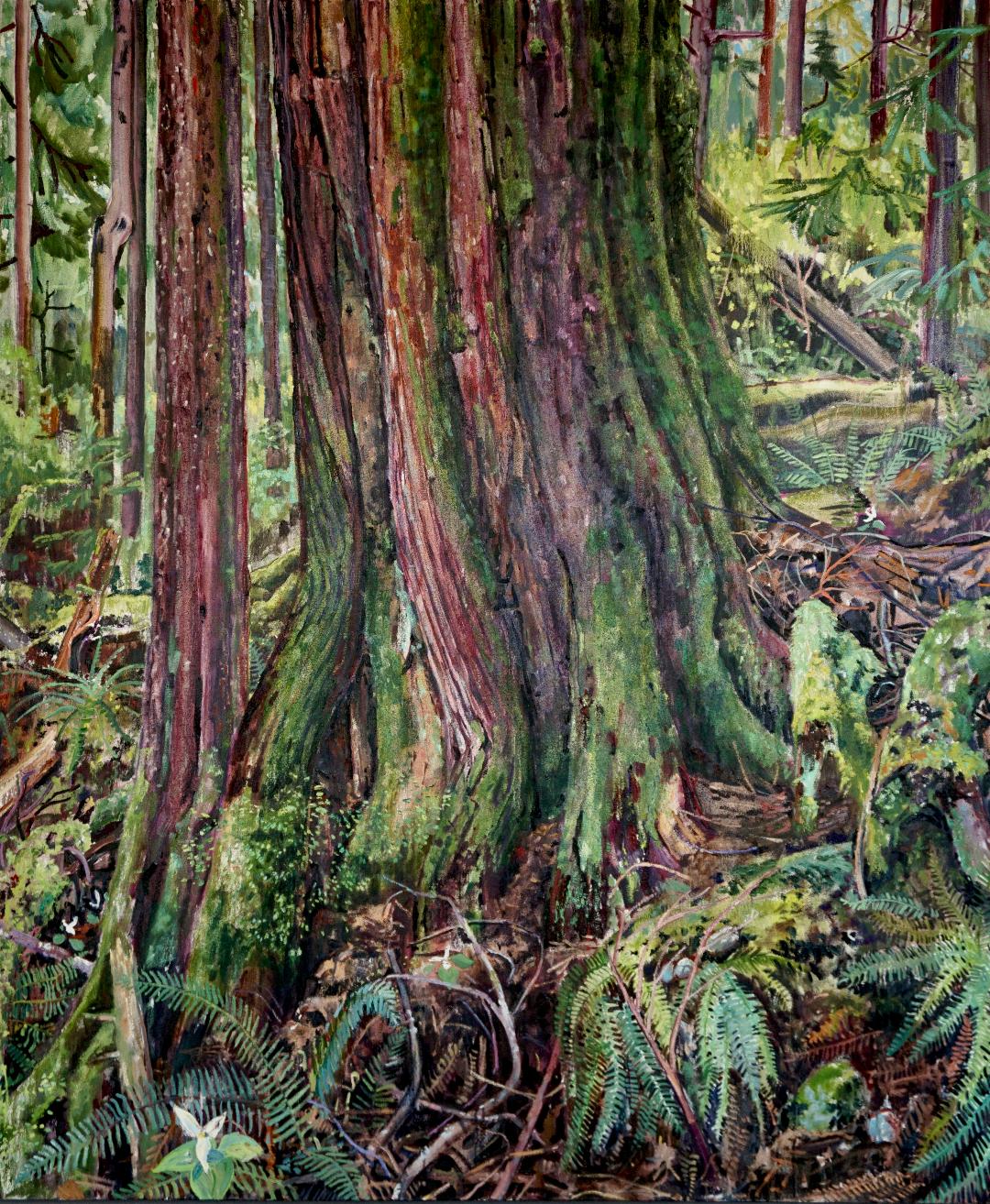
Audio Description:
